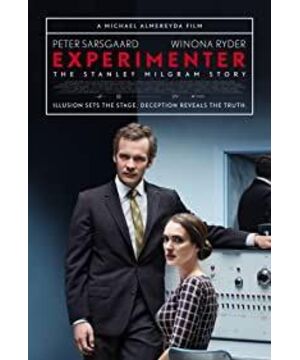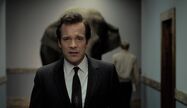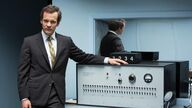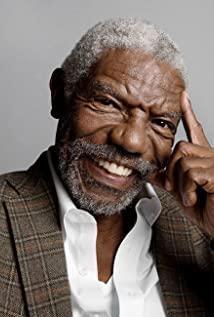Demonstrating human nature through experiments was a rather bold and novel way at the time and today, because we are used to seeing experiments as a tool for scientific research, and psychology is always somewhere between the traditional scientific definitions edge. Humans may know far more about the world than they know themselves, so we are repeating history forever, making the same mistakes and making the same choices over and over again. As Professor Milgram himself said, understanding the principles of human nature does not mean Since you can change it, he will also be limited by his own human nature and produce relative feelings and emotions in the corresponding situation. Humans, after all, have never been rational animals, but emotional animals.
In front of his experiment, there has been a wonderful exposition of "The Rabble", with historical proofs of major events such as Hitler's genocide, China's Cultural Revolution, etc.; but people are still reluctant to face such naked data results, A blunt declaration of the cowardice and evil of human nature. This experiment reminds me of another experiment in role-playing of prison guards and prisoners, and the movie "The Reader", which repeatedly confirms the same fact that we humans are indeed so unbearable.
There is an interesting detail in the film, that is, when Professor Milgram made a return visit to the experimental subjects, a woman said that her husband knew the content of the experiment and believed that if he participated, he would never press the electric shock button. To me, that's the crux of human nature, when we're out of the loop, we tend to judge things rationally, and when we're in the real world, we're stuck in an emotionally driven quagmire: fear, vanity, greed. ...and end up unexpectedly showing a side that we don't despise. We neither know ourselves nor control ourselves. To a large extent, humans are just animals governed by instinct and emotion. The absolute good proclaimed by Kant may never belong to human beings, but to gods or aliens from a certain planet.
View more about Experimenter reviews











